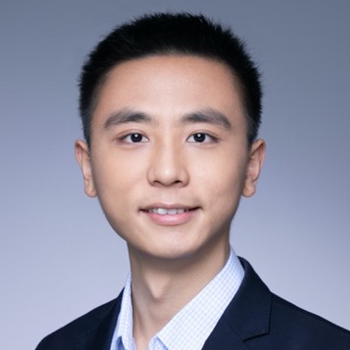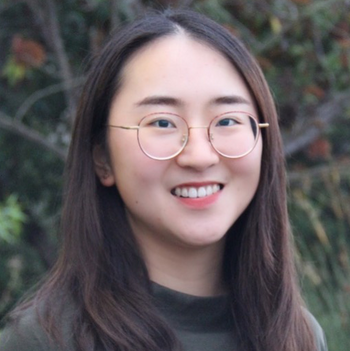The Urban Mortality Consequences of Rainfall and Sea Level Rise

Co-sponsored by Peking University's Institute for Global Health and Development and the Asia Health Policy Program
Rainfall and flooding frequently disrupt the lives of urban residents worldwide, posing significant public health risks. Rapid urbanisation is exposing larger and more vulnerable populations to these hazards, while climate change intensifies rainfall patterns, and rising sea levels impair drainage systems. Despite the growing recognition and urgency of these hazards, the health impacts of rainfall remain poorly understood, and those of sea level rise are entirely unquantified. Without robust quantification, we lack a complete understanding of the health risks posed by extreme weather and climate change, particularly in rapidly growing megacities where vulnerable populations are disproportionately affected.
Here, we estimate the mortality consequences of rainfall in one of the world’s largest cities — Mumbai, India. We integrate high-resolution data on rainfall, tides, and mortality, to analyse how extreme rainfall and its interaction with tidal dynamics contribute to urban health risks. We find that rainfall causes roughly 8% of Mumbai’s deaths during the monsoon season, and that nearly 90% of this burden is borne by slum-residents. We also find that children face the biggest increase in mortality risk from rainfall, and women face a greater risk than men. Additionally, we demonstrate that mortality risk from rainfall increases sharply during high tides and use this relationship to project how rising sea levels will amplify rainfall-induced mortality in the future.
Our findings reveal that the mortality impacts of rainfall are an order of magnitude larger than is documented by official statistics, highlighting the urgent need for investment in improved drainage, sanitation, and waste management infrastructure, particularly in cities in the Global South. Moreover, our analysis highlights that the health costs of extreme rainfall and sea level rise are a critical omission in current projections of climate change impacts.

Ashwin Rode is director, scientific research in the Energy Policy Institute at the University of Chicago. At EPIC, he is working at the Climate Impact Lab, a multidisciplinary endeavor that assesses climate change impacts around the world. His other research areas include environment and development, and the political economy of environmental policy. Ashwin received an A.B. in Economics from the University of Chicago, an M.S. in Economics from the University of Texas at Austin, and a Ph.D. in Economics from the University of California, Santa Barbara.
Online via Zoom Webinar




















